energy transition
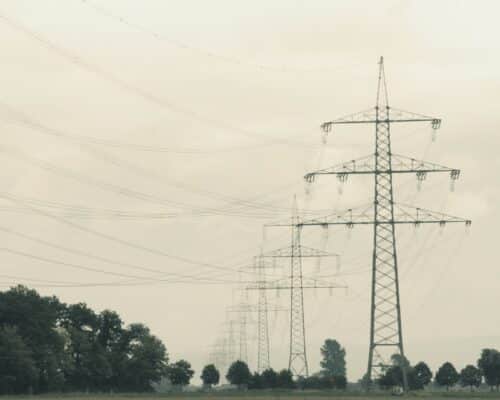
Cost-cutting Solution for Companies in the Philippines
Experts note that addressing the economic and social repercussions of the high electricity costs in the Philippines requires policy reforms that prioritise investments in renewable energy and reduce the reliance on fossil fuel imports.

Climate Tops Voters’ Priorities As Asia Pacific Braces for 2025 Elections
The elections that are about to take place all over APAC in the upcoming months provide candidates with an opportunity to acknowledge ambitious climate and emissions reduction action not only to appease climate voters but also to guarantee economic growth, energy security and better handling of the cost-of-living crisis.
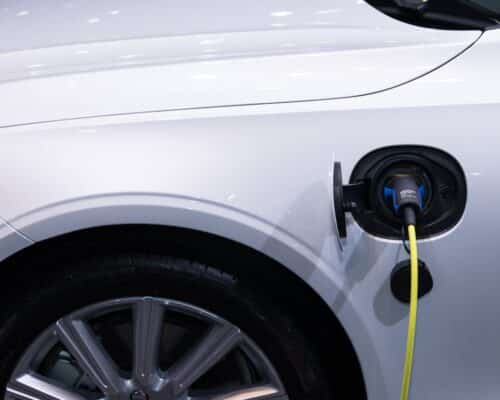
China GDP Breakdown: Clean Technology Sectors Driving Economic Growth
China’s GDP growth is increasingly driven by the clean energy sector, reflecting the country’s shift...

Indonesia’s National Energy Plan (RUKN) Is Ambitious But Falls Short of Full Potential: CREA
According to a dedicated analysis by CREA, while ambitious, the RUKN fails to mobilise the full renewable energy potential of Indonesia and misses out on substantial cost-efficiency gains in the electricity sector. However, the experts note there is still time for demonstrating more ambition.

Trump Quits the Paris Agreement: The Consequences
Experts say that while Trump's decision will significantly impact global climate action, it won't derail it since the clean energy transition is already underway. The economic reasoning behind it is too strong to ignore. However, other nations must unite and increase their efforts to protect the most vulnerable.
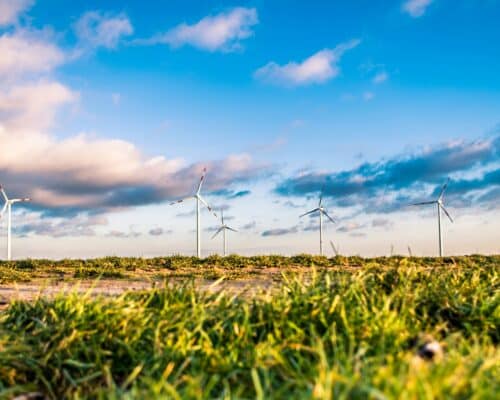
APAC Stakeholders Must Accelerate Renewable Energy Adoption
As the climate crisis escalates, accelerating the fossil fuel phaseout and scaling up renewable energy...
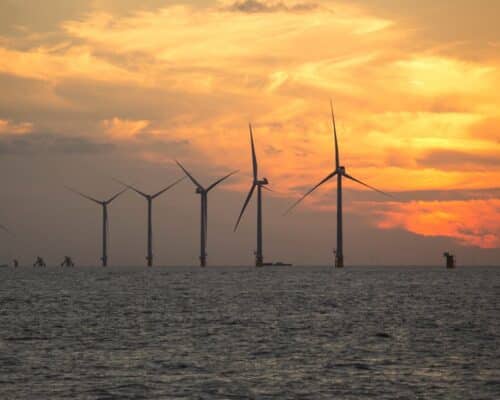
2025 Renewable Energy Trends in the Asia Pacific Region
Aside from leading the world in solar PV and onshore wind deployment, the Asia-Pacific region, led by China, will also accelerate the deployment and further increase innovations in alternative clean energy technologies such as offshore wind, floating solar and green hydrogen.
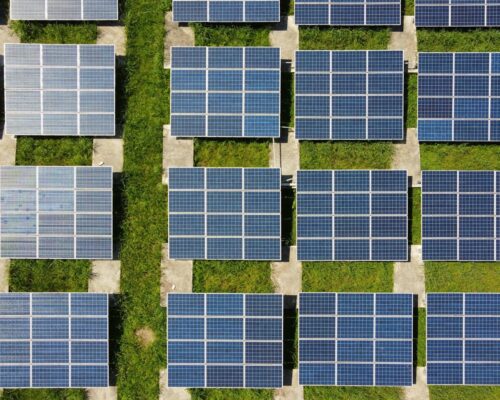
Energy Transition in Asia-Pacific: Opportunities in 2025
APAC’s booming economy, population and energy demand make the pace of its clean energy transition crucial for global efforts to slash carbon emissions in line with the Paris Agreement. The 2025 NDC updates and the ambition demonstrated by APAC countries will be among the most crucial developments this year.
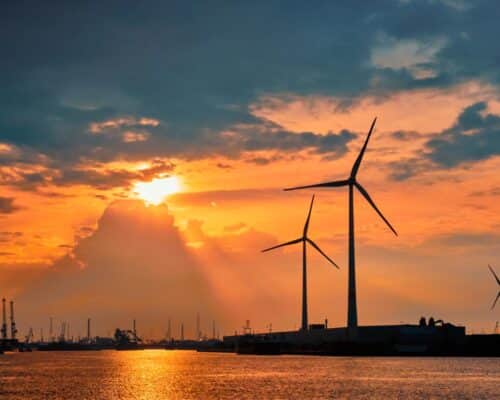
Breaking Down AZEC – What Asia Really Needs for Decarbonisation – Podcast
Listen on Spotify, Apple Podcasts, Amazon Music and others This episode of Energy Insights critically examines the Asia Zero Emission Community (AZEC),...

Asia’s Energy Transition Leaders & Laggards – Podcast
Listen on Spotify, Apple Podcasts, Amazon Music and others This episode of Energy Insights explores the contrasts shaping Asia’s renewable...

How Can Technology Help the Environment?
Researchers and scientists have provided solutions to address the climate crisis and safeguard the environment. Ongoing innovations from them will enhance the affordability, scalability, and efficiency of these solutions. The next step involves increasing the necessary investments to implement these solutions effectively.

How the 2024 US Presidential Election Might Change America’s Climate Policy
On Nov. 5, US voters will elect Kamala Harris or Donald Trump as their next president. Aside from the global geopolitical stage, the outcome will also significantly impact the world's decarbonisation journey, the prospects of achieving Paris Agreement goals and the efforts to tame the climate crisis.
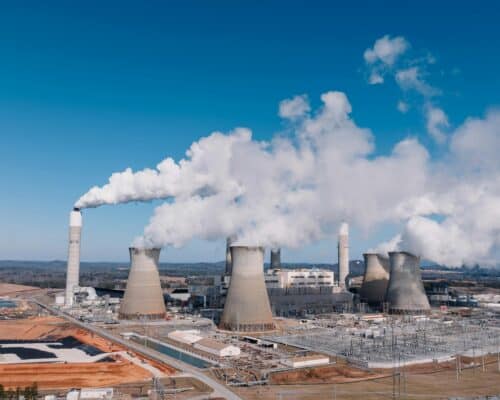
The State of Fossil Fuel Funding in 2024: The Biggest Corporate and State Backers
While unbearable heatwaves, catastrophic floods, and other devastating climate impacts are multiplying in frequency and severity, experts reveal that the top 60 largest private banks have provided USD 6.9 trillion to fossil fuels since the Paris Agreement.

Solar 53% Cheaper than Fossil Fuels in Malaysia
Malaysia has solid renewable energy market fundamentals and, according to the IEA, hosts low investment risks for project investors. The country is just a step away from unlocking the advantages of the clean energy transition but the government needs policy reforms and more ambitious climate goals.
Most Popular
Categories
-
10
-
34
-
126
-
4
-
17
-
46
-
52
-
11
-
10
-
15
-
24
-
6
-
5
-
1
-
6
-
281
-
200
-
17
-
24
-
1
-
1
-
23
-
41
-
44
-
87
-
18
-
86
-
41
-
17
-
11
-
43
-
54
-
86
-
299
-
22
-
44
-
36
-
10
-
42
-
36

